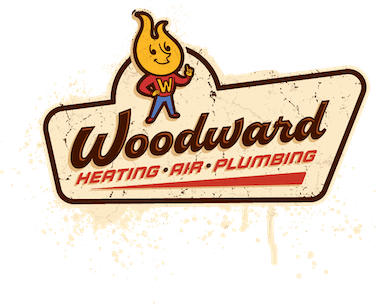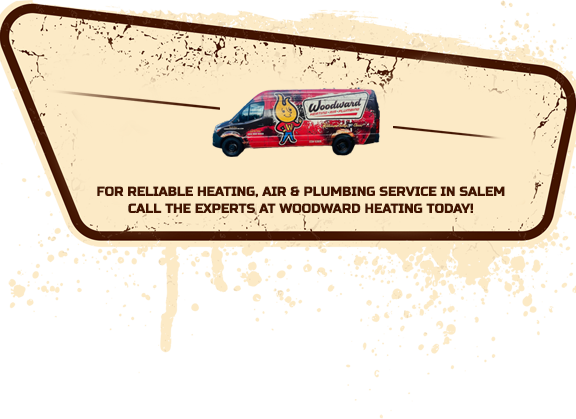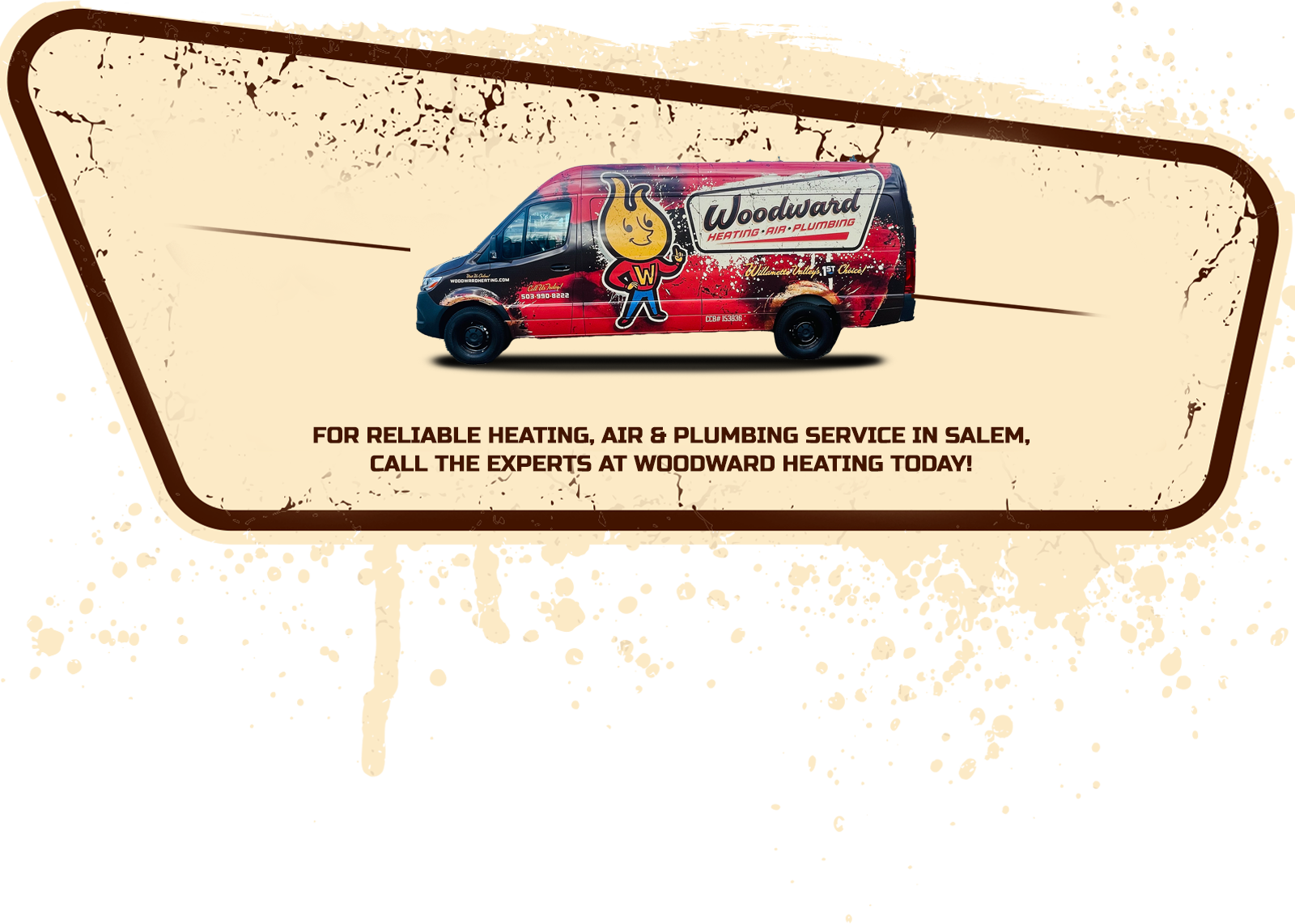
Many homeowners in Salem, OR are making a concerted effort to lower their carbon footprints. According to the United States Department of Energy (DOE), HVAC use accounts for nearly half of the average home energy bill. Thus, if you’re trying to limit your toll on the environment, taking a closer look at your heating and cooling equipment is the best way to start.
AC and Heat Pump Refrigerants: Protecting Earth’s Ozone Layer
Refrigerant is the lifeblood of both heat pumps and air conditioners. It absorbs, transfers, and releases heat to alter indoor temperatures. It also plays a role in humidity regulation by carrying excess moisture outside. Unfortunately, the refrigerants used in residential cooling systems may contain ozone-depleting hydrochlorofluorocarbons (HCFCs) or hydrofluorocarbons (HFCs).
When these gaseous, ozone-depleting chemicals enter the stratosphere, they reduce the earth’s natural UV protection. This leaves Earth’s inhabitants more vulnerable to UV-related health issues like skin cancer, cataracts, and impaired immune system functioning.
With countless homes and businesses throughout the world using ozone-depleting refrigerants for cooling, the outlook was once bleak. To combat the effects of these gaseous chemicals, the United States Environmental Protection Agency (EPA) banned Freon and began phasing it out in 2010. Freon or R-22 refrigerant contained high levels of both HCFCs and HFCs. As of 2020, Freon is no longer domestically produced and it’s no longer being imported.
In 2020, Puron became the standard for residential AC refrigerants. Puron or R-410A doesn’t contain HCFCs, but it does contain HFCs. Although HFCs take a lesser toll on the earth’s ozone layer, Puron still leaves room for improvement. As such, in 2024 and beyond, many HVAC equipment manufacturers are designing products that rely on new Opteon refrigerants. These coolant types contain neither HCFCs nor HFCs.
How to Eliminate Ozone-Depleting Refrigerants From Your Home
If your air conditioner or heat pump was manufactured before 2010, there’s a good chance that it still uses Freon. Although most air conditioners are expected to last 15 to 20 years, many cooling systems lose approximately half of their efficiency after just 10 years of service. Thus, replacing an old, Freon-reliant AC will both protect the ozone layer and contribute to lower and more manageable cooling costs.
If you have a relatively new AC or heat pump that uses Puron instead, pay attention to refrigerant types when shopping for a new one. Although you might have a decade or more before your cooling system is ready for replacement, you could still find models that use this refrigerant type. Unlike Freon, Puron has not been legally banned and is still used in some new equipment designs. Opteon refrigerants are currently the most environmentally friendly choice.
Home Heating Systems and Greenhouse Gases
The best-known environmental impact of HVAC systems is the production of greenhouse gases (GHGs). These gases are created by fuel-burning appliances during incomplete fuel combustion. If you own a gas-fired furnace, you’re adding GHGs to the earth’s atmosphere every time you turn it on. GHGs prevent thermal energy from escaping into space and trap heat in. According to the EPA, GHGs have been the primary driver of global warming since the early 1900s.
Furnace AFUE Ratings and Greenhouse Gases
In 1987, Congress enacted efficiency standards for fuel-burning furnaces and set the minimum annual fuel utilization efficiency (AFUE) rating for these appliances at 78. A furnace with an AFUE rating of 78 produces 78 units of heat energy for every 100 units of fuel consumed. This standard was raised in 2007 under the Energy Independence and Security Act. Currently, all furnaces sold throughout the United States must have an AFUE rating of at least 80%.
However, homeowners in Eugene can now find high-efficiency gas-fired furnaces with AFUE ratings of up to 98.5%. These appliances convert 98.5% of the fuel they consume into heat energy and release just 1.5% as exhaust gases or GHGs. Standout options in electric furnaces are available as well. All electric furnaces have AFUE ratings of 100; they convert all the fuel they consume into heat energy without producing any GHGs at all.
How Electrically Powered HVAC Equipment Indirectly Produces Greenhouse Gases
Despite AFUE ratings of 100, electric furnaces aren’t always the most environmentally friendly choice for residential heating. This is especially true in areas with exceedingly cold winter temperatures. In cold climates, natural gas burns hotter than other fuel types and serves as a faster-acting and more reliable fuel source. Compared to other fossil fuels, natural gas is also clean-burning. More importantly, in cold climates, using natural gas could lead to fewer GHGs than using electricity.
This is because even electricity has a carbon footprint. Although using electricity doesn’t add greenhouse gases to Earth’s atmosphere, electricity production does. While you might be using clean energy to fuel your HVAC equipment, you can’t be too sure that your electricity supplier isn’t creating GHGs somewhere along the line. These hidden emissions are often referred to as gray emissions, and despite being frequently overlooked, they can have a major impact on the health of the environment, too.
Tips for Reducing the Environmental Impact of Your HVAC System
According to the United States Energy Information Administration (EIA), heat pumps are the most important tool for achieving ambitious emissions-reduction goals worldwide. Heat pumps use electricity rather than burning fuel, and they use far less electricity than any other HVAC equipment type. They do so by leveraging a highly effective heat transfer process.
When using next-generation refrigerants, many heat pumps can produce four times the heating and cooling energy that they consume in electric energy. This makes their efficiency levels as high as 400%. Best of all, this is true for both central heat pumps and ductless mini-split heat pumps, making both options great for year-round climate control.
Tighten Your Home Envelope
To reduce all HVAC-related energy consumption, tighten your home’s envelope. Add insulation and weather stripping to keep more of your conditioned air trapped inside. Upgrading your windows and doors and investing in other efficiency improvements will lower both your environmental impact and your home energy bills.
Upgrade to a Hybrid Heating System
If you aren’t ready to let your fuel-burning furnace go, consider upgrading to a hybrid heating system instead. Hybrid heating systems toggle between natural gas furnaces and electric heat pumps for optimum efficiency all the time. When winter temperatures are moderate, heat pumps kick into action, but when the mercury plummets, furnaces take over. This compensates for the uneven performance and lower efficiency of many standard, entry-level heat pumps in freezing weather.
Upgrade to a Smart Thermostat
According to ENERGY STAR, you can reduce your annual heating and cooling costs by as much as 8% when you switch to a smart thermostat. Smart thermostats issue helpful performance alerts and provide informative energy consumption reports. They also make it easier to schedule preset temperature changes. The DOE advises that adjusting your thermostat by just 7 to 10 degrees when leaving for work or going to bed can reduce HVAC-related energy use by up to 10%.
Invest in HVAC Zoning
Zoning divides both homes and central HVAC systems into separate service areas. Rather than heating or cooling entire buildings uniformly, zoned HVAC allows residents to heat or cool only the spaces they’re actively using. According to the DOE, zoning can reduce HVAC-related energy use by up to 35%.
We have many ways to help homeowners in Eugene, OR lower their carbon footprints and protect the natural environment. We offer top-notch heating, cooling, and indoor air quality services. We also provide plumbing, drain cleaning, and water treatment services.
To sign up for our HVAC preventive maintenance plan, request a quote, or schedule an appointment, contact Woodward Heating Air Plumbing now!






